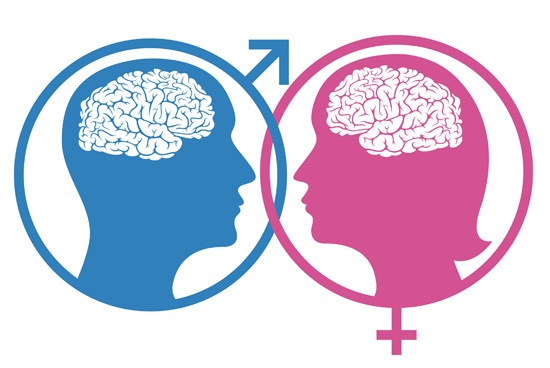In the realm of gender studies and societal norms, the concept of masculinity has undergone profound transformations over the years. What it means to be a man is no longer confined to traditional stereotypes. In this blog, we’ll explore the dynamic and evolving landscape of men and masculinity, shedding light on the challenges, redefinitions, and the empowering journey towards a more inclusive understanding of what it means to be a man in the modern era.
The Evolution of Masculinity:
Historically, masculinity has been associated with traits such as strength, stoicism, and dominance. However, contemporary society recognizes that men, like women, encompass a spectrum of qualities and emotions. Breaking free from outdated stereotypes allows for a more authentic and diverse expression of masculinity.
Challenges Faced by Men:
Men often grapple with societal expectations that limit their emotional expression and vulnerability. The pressure to conform to traditional norms can lead to mental health challenges, as many men feel compelled to suppress emotions in the pursuit of an idealized version of masculinity.
Breaking the Silence: Mental Health and Emotional Well-being:
Acknowledging and addressing mental health issues within the context of masculinity is crucial. The stigma surrounding men’s mental health is gradually lifting, encouraging open conversations and creating spaces where men can express vulnerability without judgment. It’s time to redefine strength to include emotional resilience and self-awareness.
Positive Masculinity: Redefining Strength and Empathy:
The changing narrative around masculinity emphasizes qualities such as empathy, compassion, and cooperation. Men are discovering strength in vulnerability and finding empowerment in authentic connections. Embracing positive masculinity encourages healthier relationships and fosters a more supportive societal framework.
Fatherhood and Caregiving:
As roles within families continue to evolve, men are challenging traditional expectations as primary breadwinners. More fathers are actively involved in caregiving and parenting, contributing to the breakdown of gender roles and fostering a more equitable division of responsibilities within households.
Empowering the Next Generation:
To create a more inclusive future, we must empower the next generation of men to embrace authenticity and reject harmful stereotypes. Education, positive role models, and open dialogues about gender norms contribute to fostering a society where everyone, regardless of gender, can thrive.
The journey of men and masculinity is a dynamic narrative, one that is continually evolving alongside societal shifts. By challenging outdated stereotypes, promoting mental health awareness, and embracing positive masculinity, we contribute to a world where everyone can express their authentic selves without limitations. It’s time to celebrate the diversity of men and redefine masculinity for a more inclusive and compassionate future.

